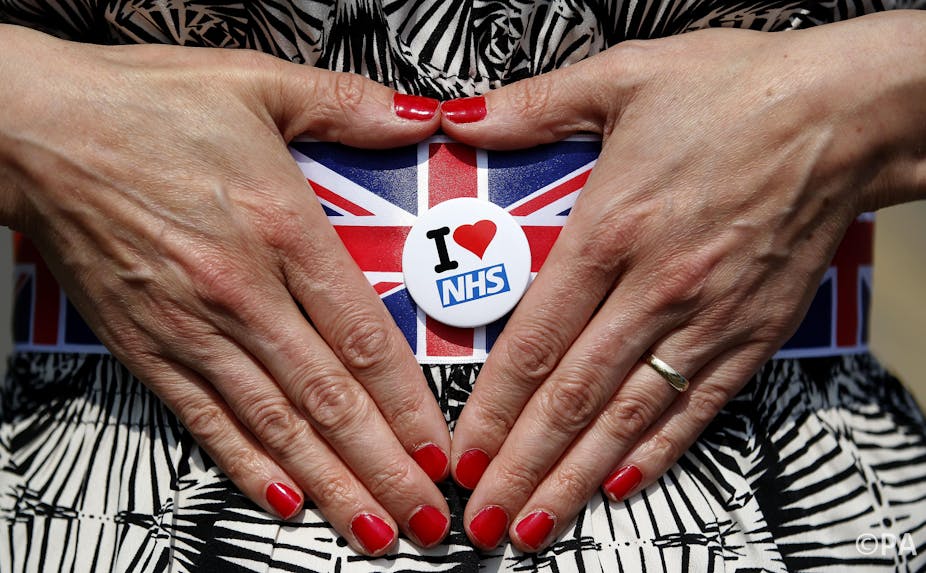Giving priority for transplants to people who have joined the organ donor register (ODR) isn’t a new idea and is already happening in countries such as Israel and Singapore.
In Israel, where a points-based system was implemented in 2009, there has been an increase in the number of organ donors. Only one in ten adults in Israel carried a donor card (compared to one in four in the UK) four years ago. This is now closer to one in eight.
Despite this success, some people have been reluctant to see this happen in the UK. Given the shortage of donated organs in the UK, it’s easy to think that anything that can increase donation rates is a good thing.
But when it comes to organ donation, any new approach must be ethically acceptable; for example, taking organs without consent would increase the number of organs available, but most people would still regard this as unacceptable.
Because there is currently no reward for joining the register, organ donation is viewed as a selfless and “altruistic” act. Altruism is a complex concept, but generally an action can be described as altruistic if it is motivated by a desire to help another person. This is why phrases such as “the gift of life” are ingrained in organ donation.
While selflessly helping other people is often a good thing, some people are less inclined to do this than others. We all know people who give money to charity, but equally we know people who don’t entertain the thought. So relying solely on people’s altruistic nature to generate organ donors is unlikely to work for everyone and unrealistic. In the UK it has prompted less than a third of the population to sign up.
A selfless and self-interested act
Giving priority to registered donors may have a greater impact: it appeals not only to people’s selfless desires to help others, but also to their self-interested desire to help themselves.
A donor priority system may bring about more donations, and it also discourages free-riding. Free-riding is essentially taking from a system without being prepared to contribute, and this happens frequently under the current system.
Currently, most people would be willing to accept a transplant, but a relatively small proportion have joined the register. Having a donor priority system means that those prepared to contribute to the transplantation system are most likely to receive its benefits, which seems intuitively fair.
Each according to need
Despite the possible advantages of a donor priority system, there are also problems. The first, and perhaps most difficult, is that the NHS is built on principles of treating each patient according to need.
If you treat a patient according to their past behaviour (which is what allocating organs according to ODR status would do), then you may need to be prepared to do this consistently. Should people who pay more tax receive priority for treatment, or should people be refused treatment if they have contributed to their own illness?
These are tough questions, but many people think that a virtue of the NHS is that it treats each person as fundamentally equal, and does not discriminate on the basis of past behaviour.
Family will have to be overruled
Another barrier is the family veto. If I’m registered as an organ donor and I die, my next-of-kin can generally ignore my wishes and refuse to donate my organs. This is justified by a simple assumption that I would not want to go ahead with donation if I knew that it would cause distress to my next-of-kin.
There have been suggestions to take a firmer stance; donors’ wishes are overridden in 45% of cases.
The family veto has recently faced criticism, but it would almost certainly have to be changed for donor priority to work effectively. I might be personally opposed to organ donation, but very keen to receive priority for a transplant, so I might join the ODR safe in the knowledge that my parents will refuse consent for donation if the time comes.
It is also not easy to say why only donating organs should qualify a person for priority. For example, who contributes the most to transplantation? a) someone who joins the register; b) a transplant surgeon; c) a volunteer who helps alcoholics to stop drinking. The surgeon directly saves the most lives, but the volunteer may help alcoholics stop drinking before they need a liver transplant which reduces strain on the transplantation system.
In comparison, and bearing in mind that most people do not die in a way that allows their organs to be donated, the person who joined the ODR will probably contribute the least.
A donor priority system may be a neat solution to the organ shortage, but it raises complex issues. These may be resolvable, but we need to ask ourselves whether we are willing to give up some existing principles in order to potentially save more lives.

